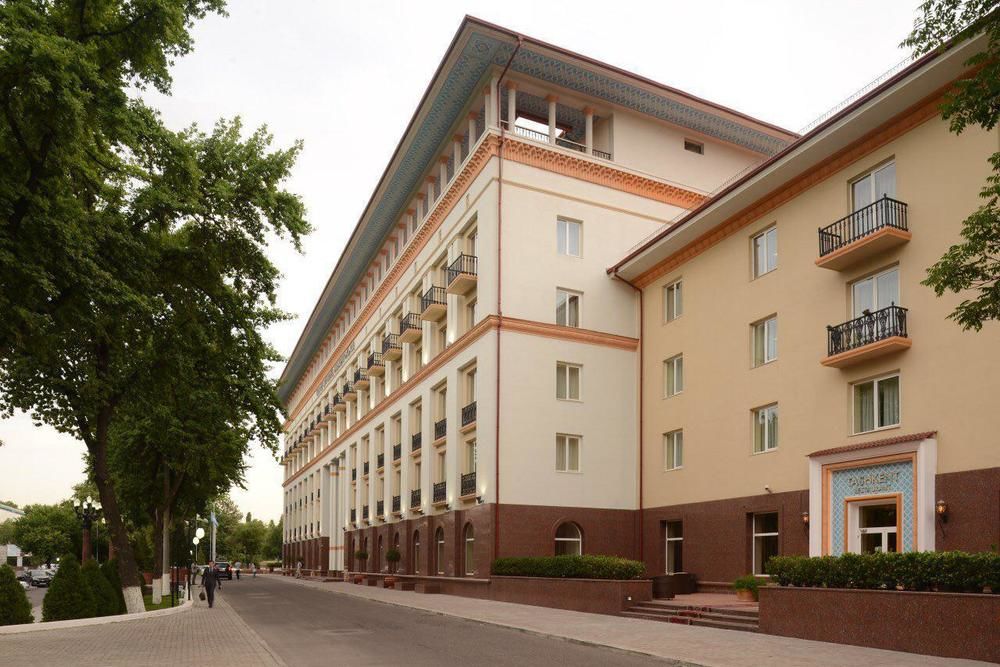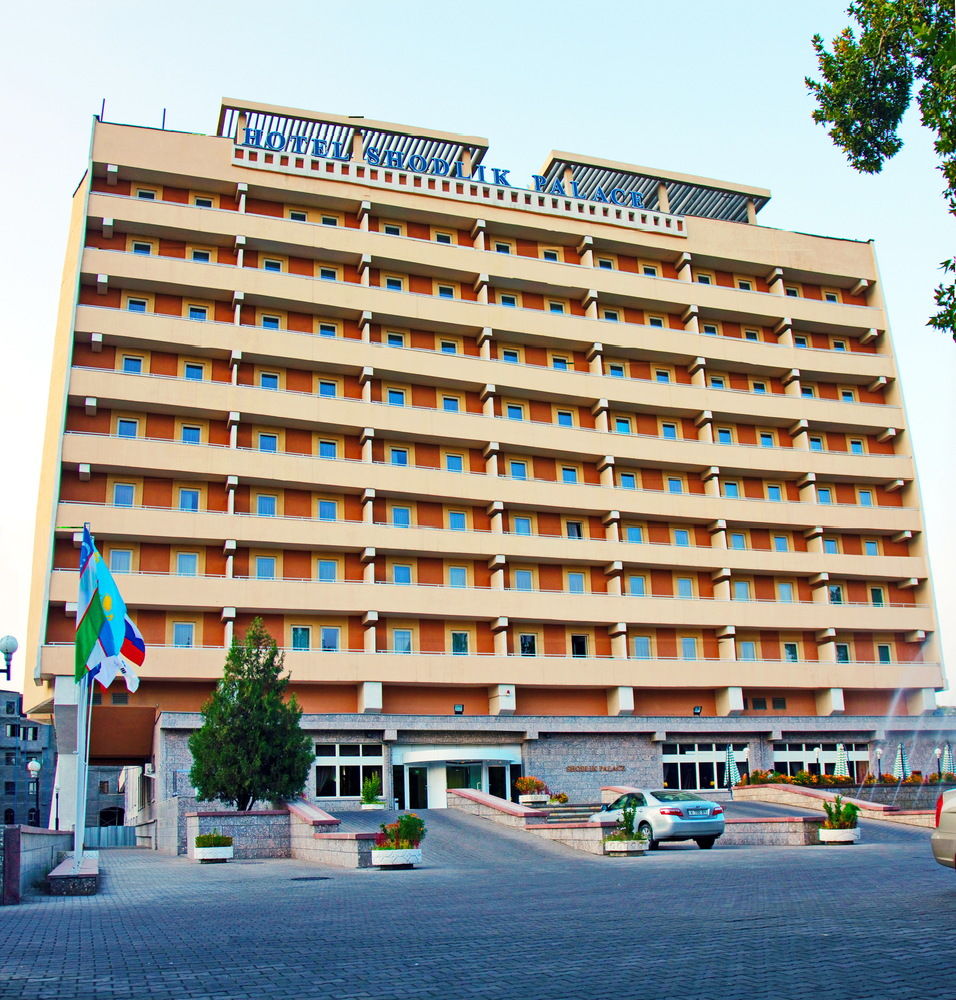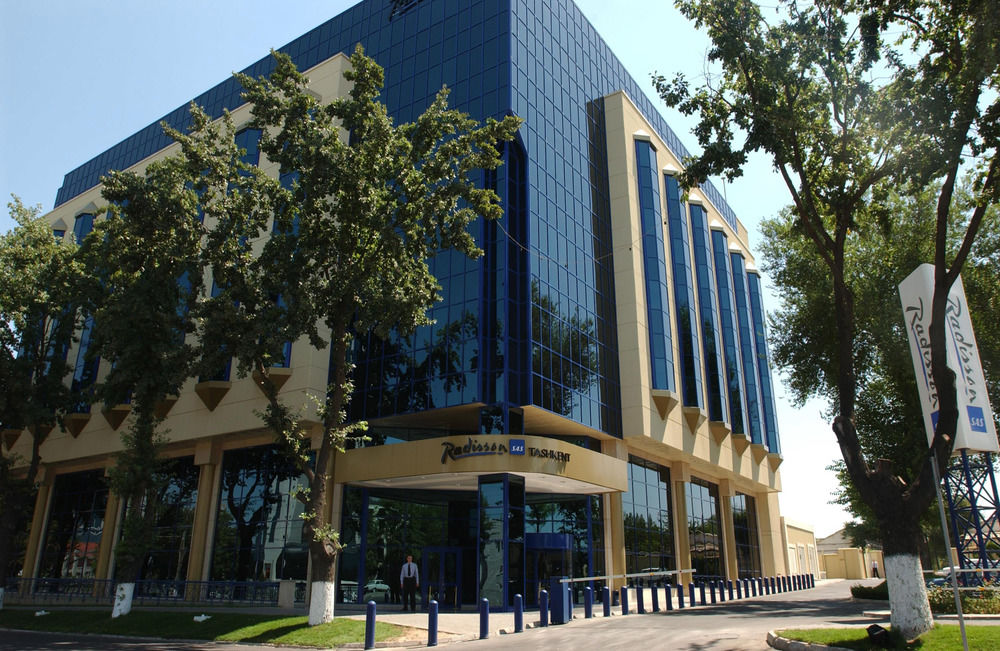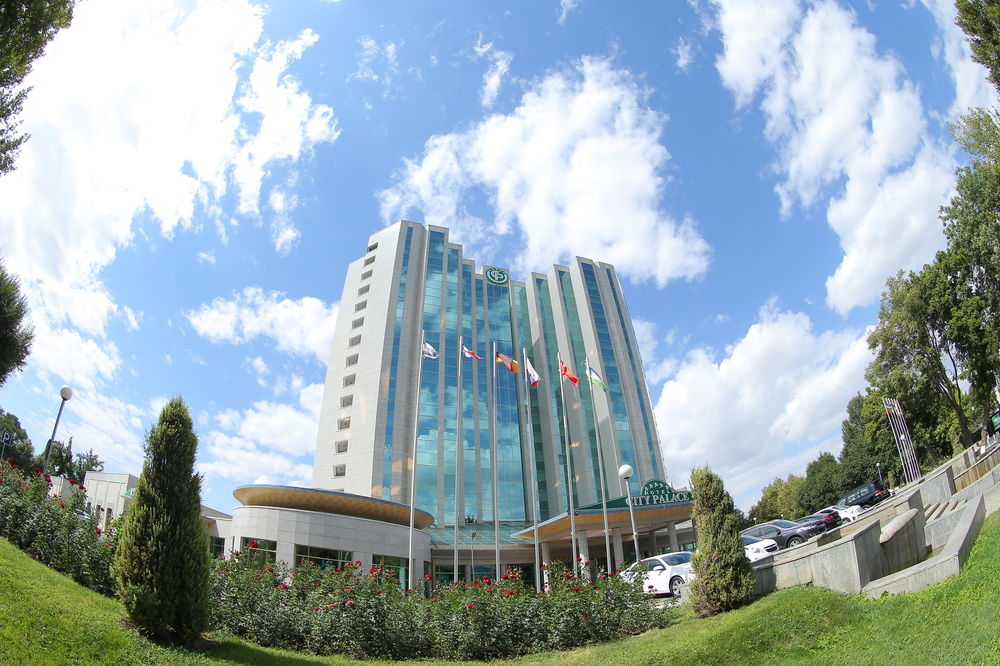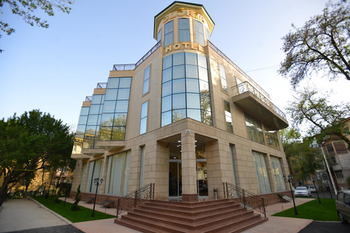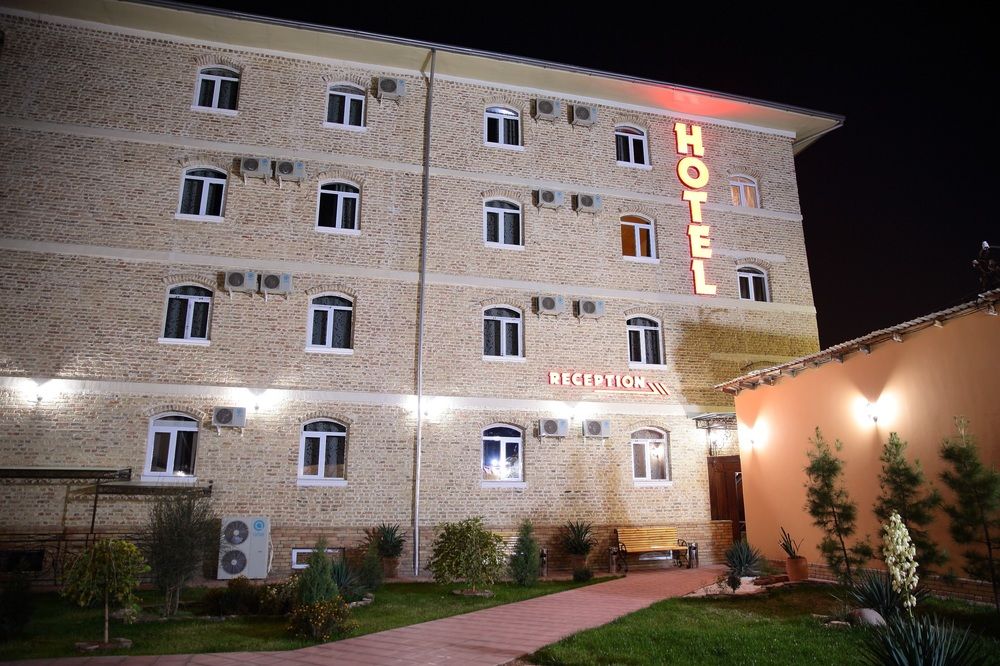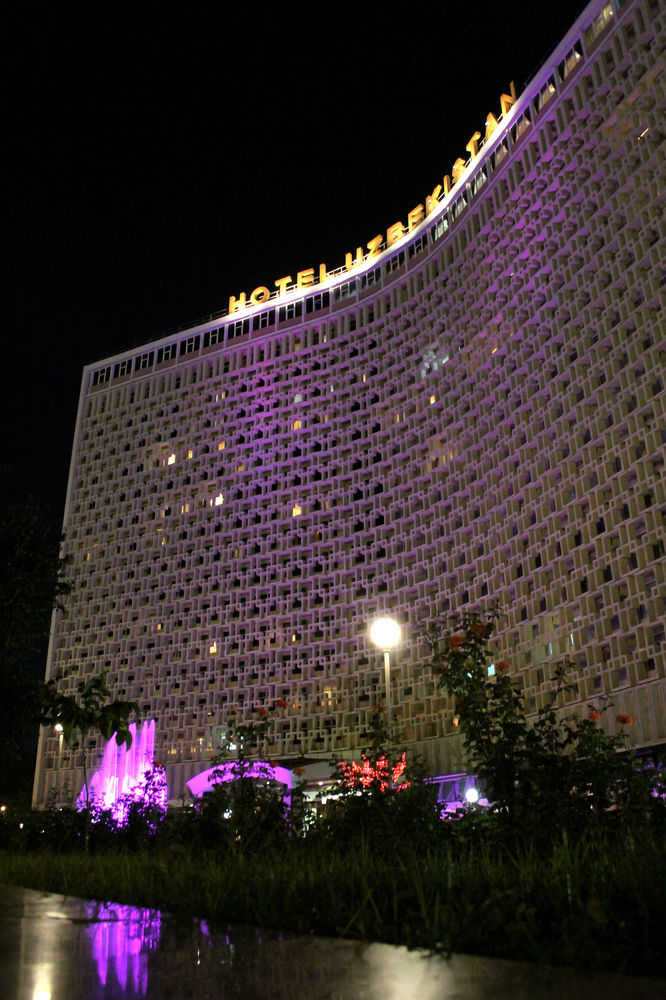
タシケントホテル検索結果
AIが見つけた軒のホテルの最安値をご覧ください。
ベストホテル
最安値のホテル
ホテル等級
AIおすすめ
タシケントベストホテル
タシケント 最低価格のホテル
最高評価のホテル
タシケントにある5つ星ホテル
タシケントにある4つ星ホテル
タシケントにある3つ星ホテル
AIがおすすめする世界の旅行先
タシケント近くのホテル情報
タシケント 旅行に欠かせない情報
Tashkent (; Uzbek: Toshkent, Тошкент, تاشكېنت, [tɒʃˈkent]; Russian: Ташкент, [tɐʂˈkʲɛnt]) is the capital and largest city of Uzbekistan, as well as the most populated city in ex-Soviet Central Asia (though the larger urban centers of Urumqi in China and Kabul in Afghanistan lie well within the geographic region of Central Asia) with a population in 2018 of 2,485,900. It is located in the north-east of the country close to the Kazakhstan border.
Tashkent was influenced by the Sogdian and Turkic cultures in its early history, before Islam in the 8th century AD. After its destruction by Genghis Khan in 1219, the city was rebuilt and profited from the Silk Road. From 18th to 19th century, the city became an independent city-state, before being re-conquered by the Khanate of Kokand. In 1865, it fell to the Russian Empire, and became the capital of Russian Turkestan. In Soviet times, Tashkent witnessed major growth and demographic changes due to forced deportations from throughout the Soviet Union.
Today, as the capital of an independent Uzbekistan, Tashkent retains a multi-ethnic population, with ethnic Uzbeks as the majority. In 2009, the city celebrated its 2,200 years of written history.
 時間 UTC+05
時間 UTC+05 通貨 UZS
通貨 UZS 言語 Uzbek, Russian, Tajik,
言語 Uzbek, Russian, Tajik, Staypiaだけの特別な特典
リアルタイムホテル最安値比較
AIが見つけたin タシケントの軒のホテルのリアルタイム最安値を簡単に比較検索できます。
316万軒のホテルを最安値で予約
最低価格に最大31%追加メンバーシップ割引でさらにお得にご予約いただけます。
自分だけの
AIがリアルタイムで更新するタシケント旅行情報で便利に旅行を準備しましょう。
よくある質問
タシケントで最も人気のある5つ星ホテルはMiran International Hotel, Grand Mir Hotel, International Hotel Tashkentです。 タシケント 評価順にホテルを見る
一般的なホテルの場合、客室予約はキャンセル締切日前まで無料返金が可能です。キャンセル締切日以降は手数料が発生する場合がありますので、ホテルバウチャーまたはメニュー>マイ予約でキャンセル締切日をご確認ください。
ステピアでは、AIが収集した316万件のホテルの最安値はもちろん、会員限定の追加割引価格で人気ホテルを予約することができます。
